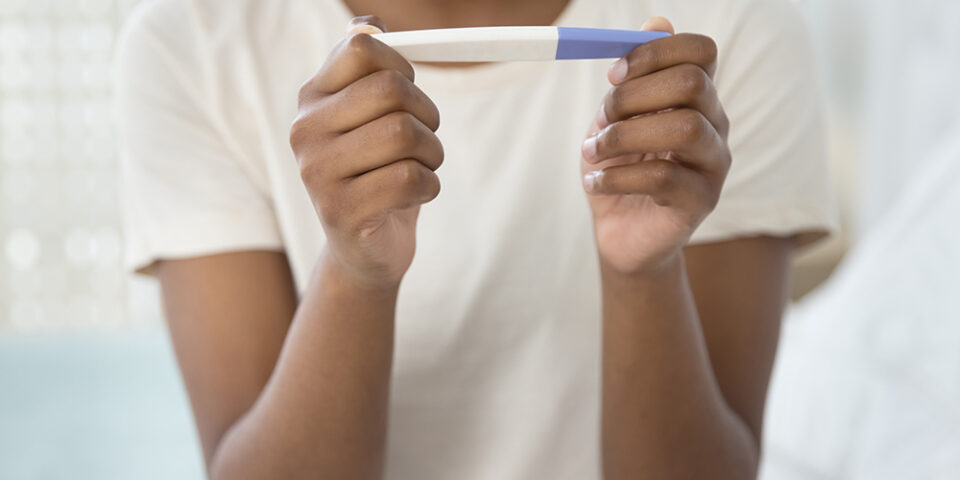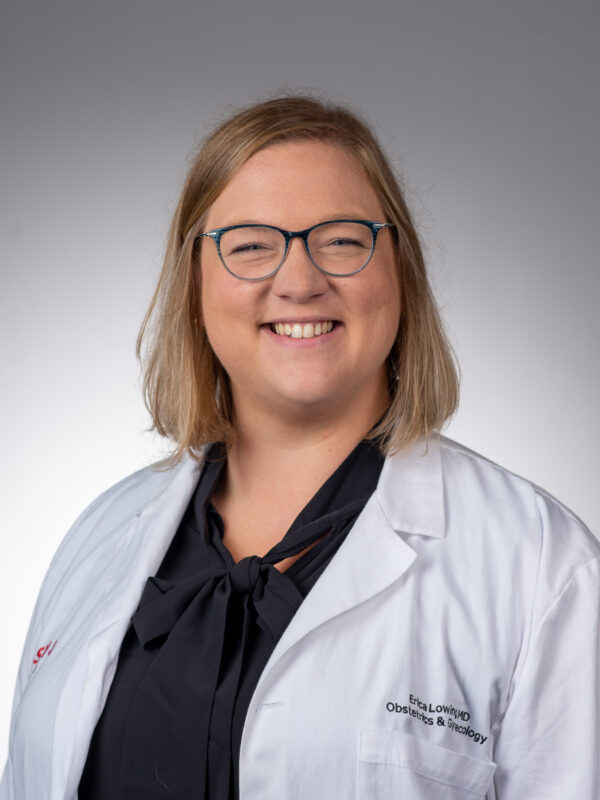Getting pregnant: Answers to common questions
If you’ve made the big decision to try to get pregnant, congratulations! This can be a time of excitement, anticipation, nervousness … and questions. How long does it take to get pregnant? Is there anything that can boost fertility? OB/GYN Erica Lowing, MD, answered common questions about getting pregnant.
First things first: What to do when you decide to start a family
If you’ve decided to start a family, it’s a good idea to schedule a preconception visit with your doctor.
“This allows you to discuss your health, risk factors, and current medications with your doctor, as well as how to optimize preparing for pregnancy,” Dr. Lowing said.
It’s also the perfect time to get questions answered, like the ones below.
How long does it usually take to get pregnant?
The amount of time it takes to get pregnant depends on your age and health. Dr. Lowing said about 80% of patients usually conceive within about six months to one year. After that time, about half of the patients who haven’t conceived usually conceive within the next three years or so.
It’s not unusual for it to take a longer than you expect, so try not to worry. But if you’re concerned, your doctor can refer you to a fertility specialist. It’s best to wait about a year before seeing a fertility provider if you’re under age 35 and have regular periods. If you’re over age 35 and have regular periods, waiting about six months is recommended.
Dr. Lowing also said that if you plan to defer childbearing and you’re between the ages of 32 and 37, you may want to talk to your provider about fertility preservation, sometimes known as egg freezing.
Can you boost your fertility naturally?
To increase your chances of conception, Dr. Lowing said you need three things: regular ovulation, healthy sperm and a pathway for those two to join together and then implant.
So, knowing when you’re ready to ovulate is super helpful. You can predict regular ovulation using an over-the-counter ovulation predictor kit or by simply tracking your menstrual cycle using a calendar or an app.
“Most women have a period about every 21 to 35 days and ovulation is fairly predictable to occur on the 14th day of their cycle,” Dr. Lowing said. “The first day you have your period is day one, so count 14 days in the future and that’s when you are most likely to ovulate.”
Other factors that can affect your fertility are chronic medical conditions (including obesity) and stress, as well as risky behaviors such as tobacco, alcohol and illicit drug use. Avoiding these risky behaviors and focusing on living a healthy lifestyle can improve your fertility.
What are some common mistakes couples make when trying to get pregnant?
“The biggest mistake couples usually make is the timing of intercourse,” Dr. Lowing said. “You want to have intercourse prior to ovulation because you want the sperm to already be present at the time you ovulate. Typically, I recommend having intercourse every other day, so the sperm is optimized after your period and before your ovulatory window. That allows for optimal sperm and the sperm to be present at the time of ovulation.”
Another mistake couples make is not knowing when to see a provider. It’s important to have a preconception visit with your doctor, especially if you’ve had pelvic surgery or you have a history of:
- Periods that are irregular, heavy or painful
- Endometriosis
- Sexually transmitted infections (STIs)
- Pelvic inflammatory disease (PID)
- Polycystic ovary syndrome (PCOS)
- Chronic medical conditions
“These are all good reasons to talk to a provider if you’re planning for pregnancy,” Dr. Lowing said. “There are ways we can help if you’re struggling to get pregnant.”
Find an OB/GYN provider who’s right for you
When you’re ready to grow your family, choosing the right provider is important. Learn more about our obstetricians, midwives and nurse practitioners.
Find a Provider

